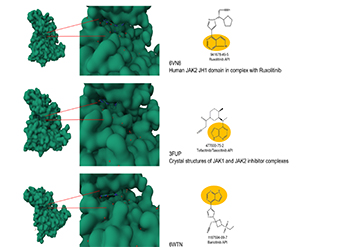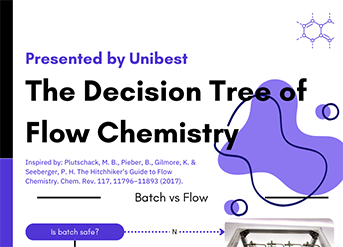

Molecular building blocks are small, functional molecules that serve as the foundation for creating more complex structures through chemical reactions. These building blocks possess specific reactive sites, allowing them to be combined in a controlled manner to form larger molecules with desired properties and functionalities.
In the pharmaceutical industry, molecular building blocks are essential for the design and synthesis of Active Pharmaceutical Ingredients (APIs) and drug candidates. Researchers use these building blocks as starting materials to create novel compounds with potential therapeutic effects through a process known as drug discovery. This involves combining different molecular building blocks in various ways to generate a diverse library of compounds, which can then be screened for biological activity and potential therapeutic benefits.
The use of molecular building blocks in the pharmaceutical industry offers several advantages. Firstly, they enable a modular approach to drug design, allowing for the rapid assembly of complex molecules from simpler precursors. This accelerates the drug discovery process and increases the likelihood of identifying promising drug candidates. Secondly, the availability of a broad range of molecular building blocks with diverse chemical properties allows researchers to explore a vast chemical space, increasing the chances of discovering novel compounds with unique biological activities.







